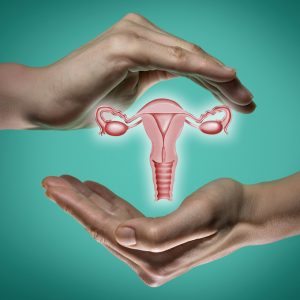Category: Fertility and Health

5 IVF and Fertility Facts
In vitro fertilisation, commonly known as IVF, is one of several techniques available to help people with fertility problems have a baby. But how much do you really know about...

Anabolic Steroids and Fertility
Anabolic steroids belong to a class of drugs called androgens, which are compounds that act similarly to testosterone. Also known as anabolic-androgenic steroids these drugs are prescribed for the treatment...

What Fertility Treatment is Best for PCOS?
Polycystic ovarian syndrome (PCOS) is a common cause of infertility in females. If you have it, it’s important to determine what is causing it, as each case is different. Although...

Cancer and Pregnancy
How Cancer Treatments Can Affect A Woman’s Fertility Cancer, or more often, cancer treatments, can interfere with some parts of the reproductive process and affect your ability to have children....

Can Ovarian Cysts Affect My Fertility?
Ovarian cysts are fluid-filled sacs that develop in, or on the surface of your ovaries. They are very common and do not usually lead to any more severe problems. In...

What is an Aquascan and What are the Benefits?
An Aquascan, also known as a 3D Hydroscan or a Saline Infusion Sonography (SIS), is an internal ultrasound scan, where a saline solution is used to show a detailed outline...

Can Birth Control Pills Affect My Fertility?
Birth control pills are designed to imitate hormones produced in the female body, to prevent ovulation and ensure the uterine lining is inhospitable for an embryo. What’s more, birth control...

4 Benefits of an Ultrasound Scan
Ultrasound, also called sonography, uses high frequency sound waves to produce images of internal organs. It has many uses in the medical world; not only can it confirm a pregnancy,...

Could Going to the Gym be Damaging Your Sperm Count?
A new study from the University of Western Australia implies that men who spend more time in the gym have lower sperm count, on average, than those who don’t. The...

Is it Impossible to Be Fertile Over 40?
Although your chances of conceiving a child after you turn 40 are lower than what they were when you were in your 20s and 30s, it is certainly not impossible....

Looking After Yourself Through Infertility
Infertility is arguably one of the hardest problems a couple can face. It is accompanied with a variety of difficult emotions and can put an enormous strain on even the...

5 Top Tips to Improve Your Sperm Quality
Male infertility refers to any health issue in a man that reduces the chances of his female partner from becoming pregnant. Infertility can have a number of causes; it can...
